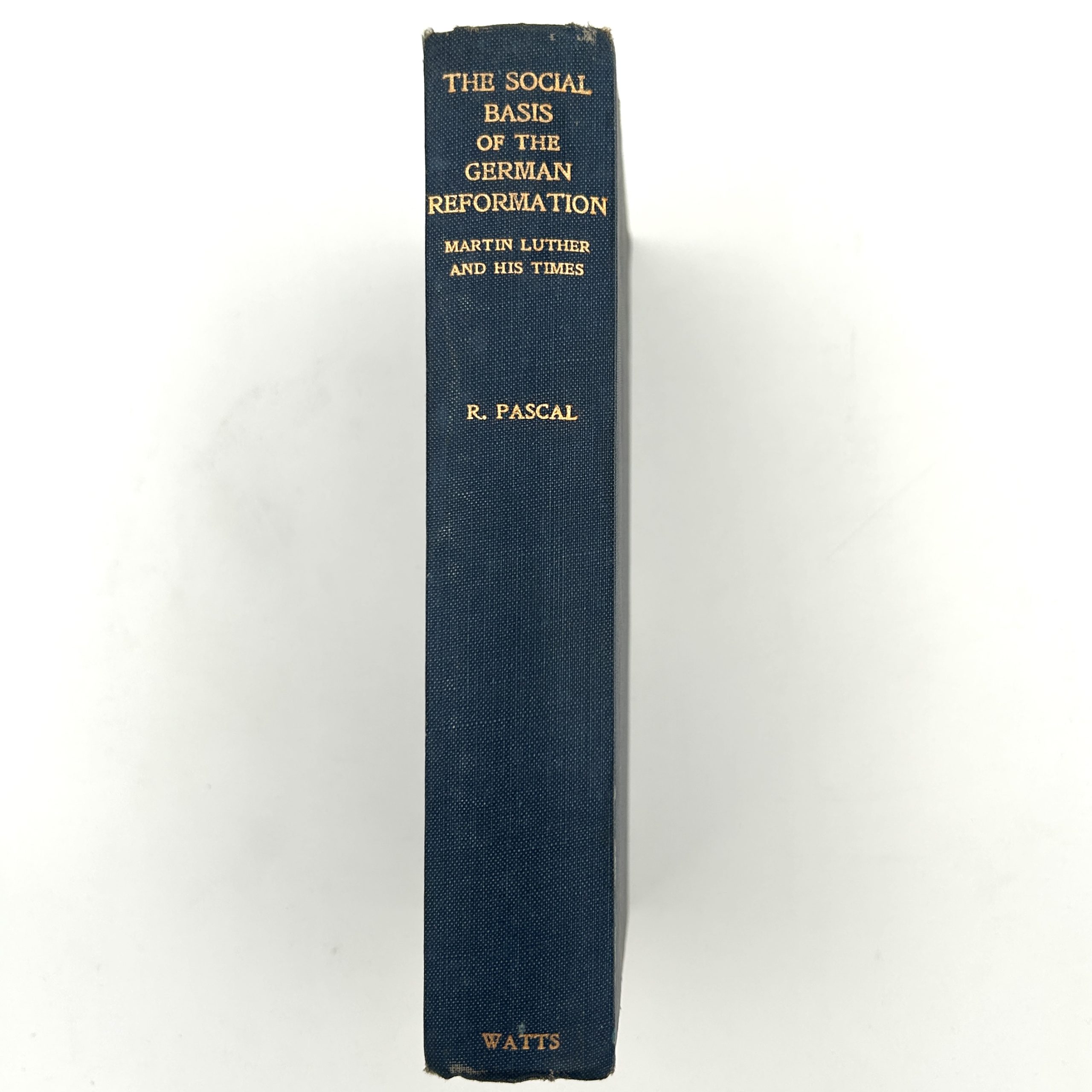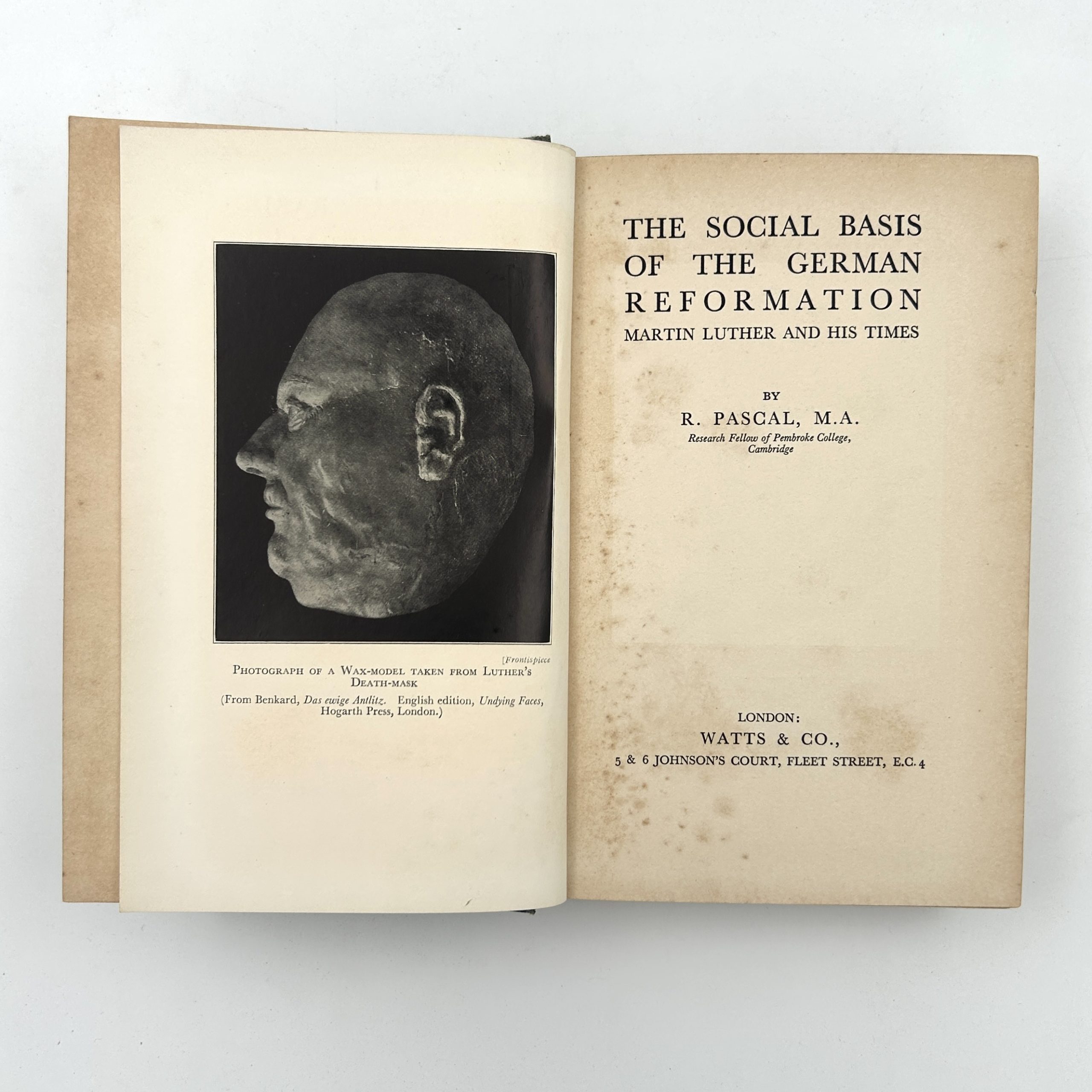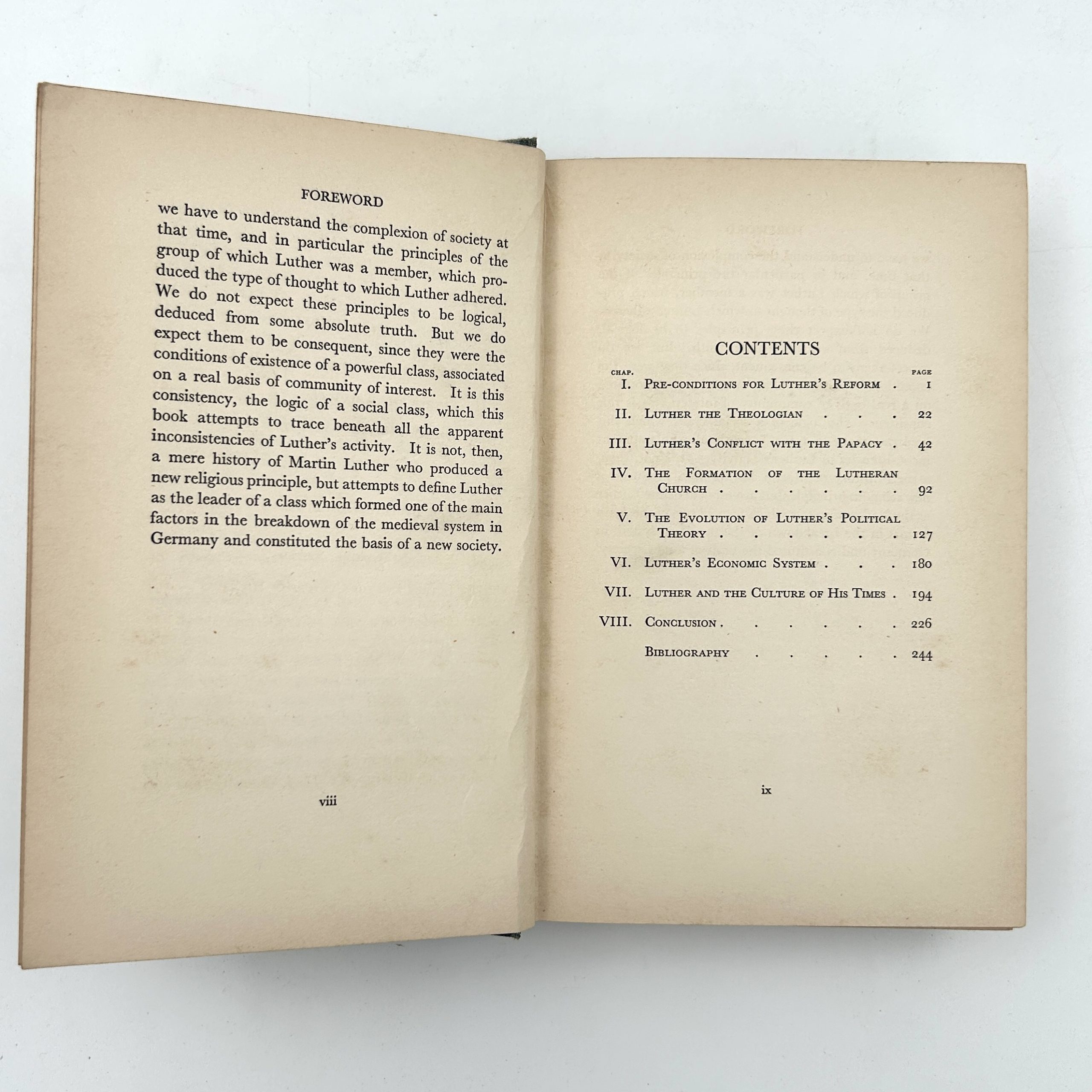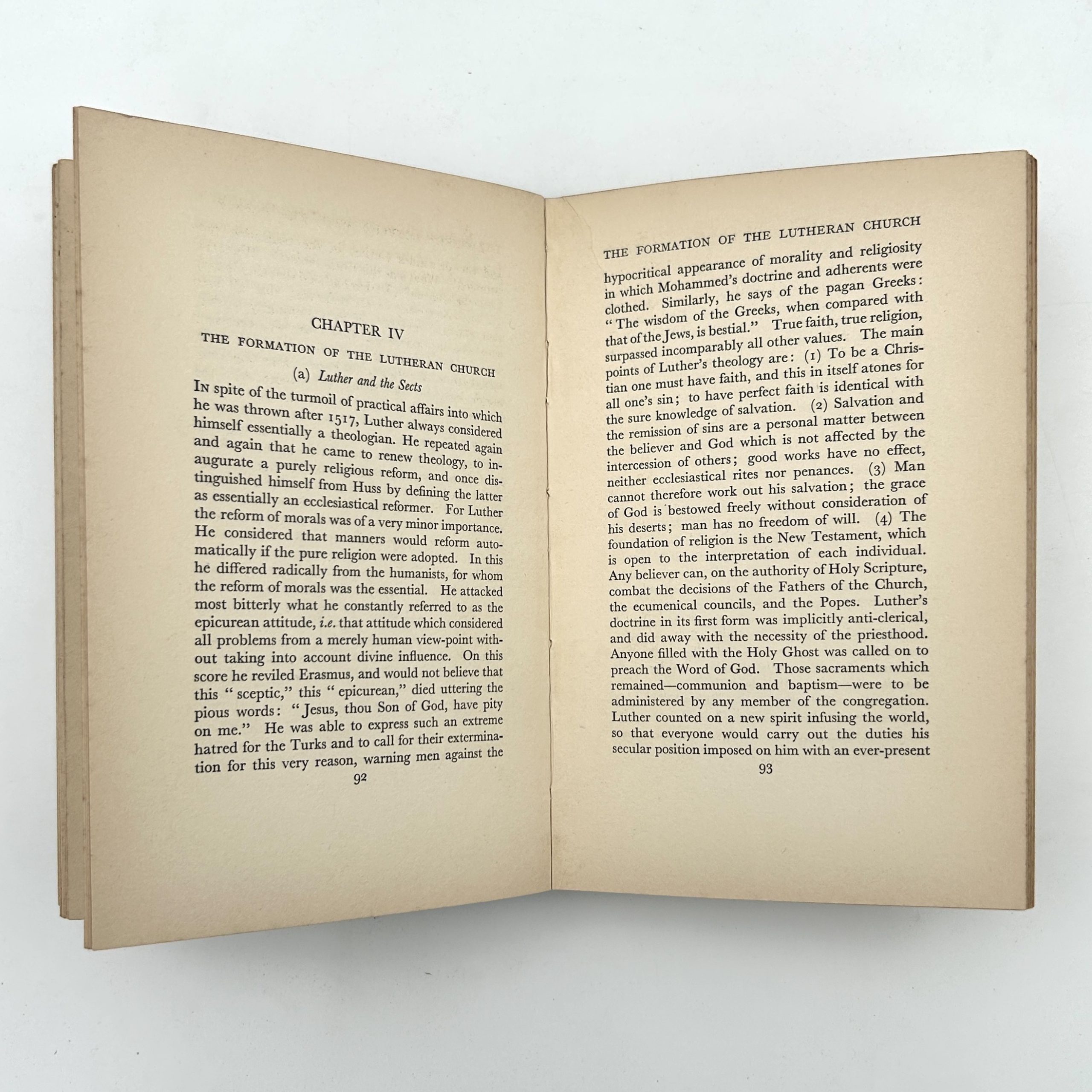The Social Basis of the German Reformation
Author: Martin Luther and His Times
Published by: Watts & Co.
First Edition (1933)
Pages: 246
The German Reformation is often viewed primarily as a religious movement, but The Social Basis of the German Reformation argues that it was deeply rooted in the economic and social realities of 16th-century Germany. Published in 1933, this 246-page book presents a comprehensive analysis of the forces that enabled Martin Luther’s ideas to ignite widespread change.
The book begins by examining the medieval economic system, the role of the Catholic Church, and the growing dissatisfaction among peasants, artisans, and emerging middle classes. It highlights how economic hardship, taxation, and social injustice contributed to an atmosphere of unrest, making Luther’s call for reform resonate beyond religious circles.
The author also explores Luther’s evolving stance on social issues, from his early opposition to indulgences to his later, more conservative position during the Peasants’ War. The book does not simply focus on theology but rather on how Reformation ideals aligned with or opposed the interests of different social groups.
By connecting religious change with socio-political upheaval, The Social Basis of the German Reformation offers a multidimensional perspective on one of history’s most transformative periods. It is a must-read for historians, religious scholars, and anyone interested in understanding how social conditions shape ideological revolutions.
- Social and Economic Context – Explores the feudal structure, economic tensions, and class conflicts that set the stage for the Reformation.
- Martin Luther’s Role – Analyzes Luther’s theological impact alongside his social and political significance.
- Religious vs. Secular Forces – Discusses how church reforms intertwined with political and economic struggles.
- Peasants’ War & Political Upheaval – Examines the Peasants’ War of 1524–1525 and the shifting power dynamics of the Holy Roman Empire.
- Impact on European History – Details how the Reformation reshaped not just Germany but also Europe’s religious and political landscape.












Reviews
There are no reviews yet.